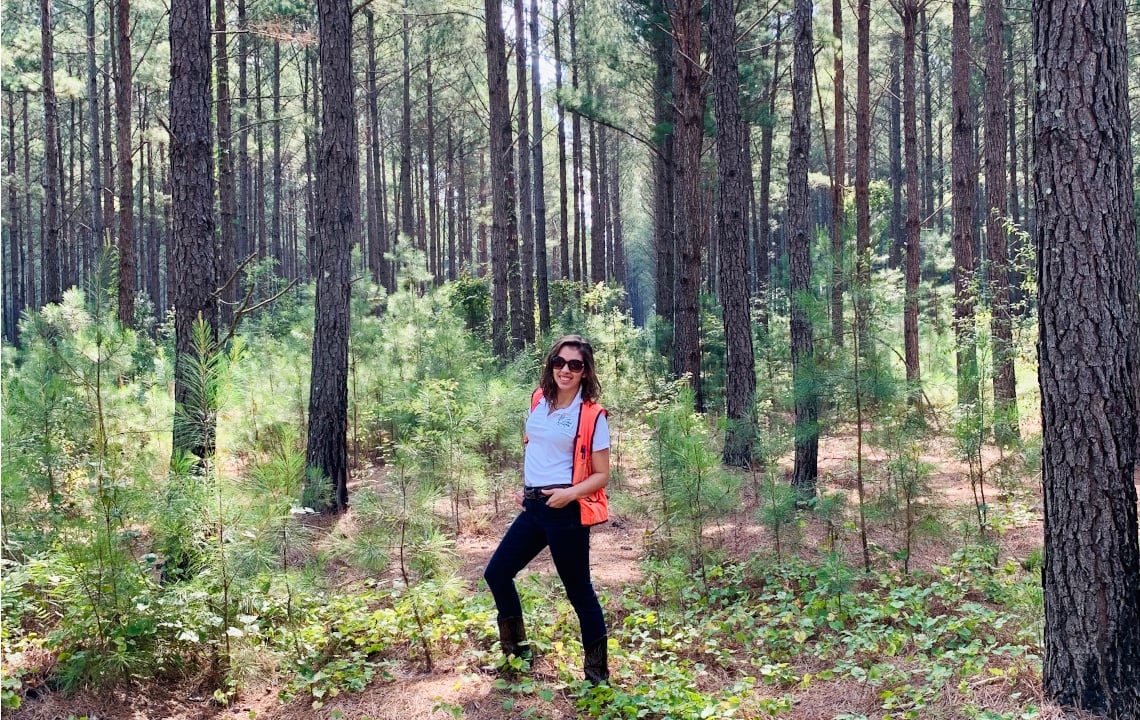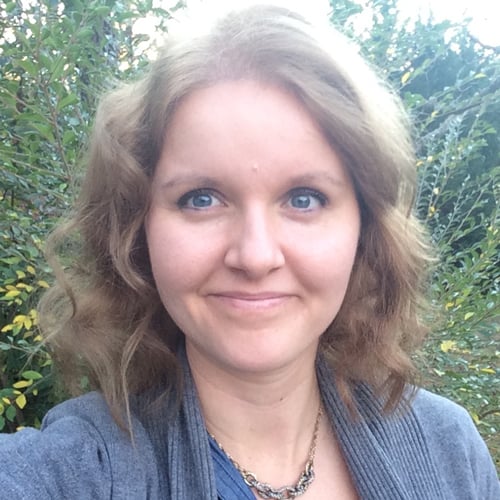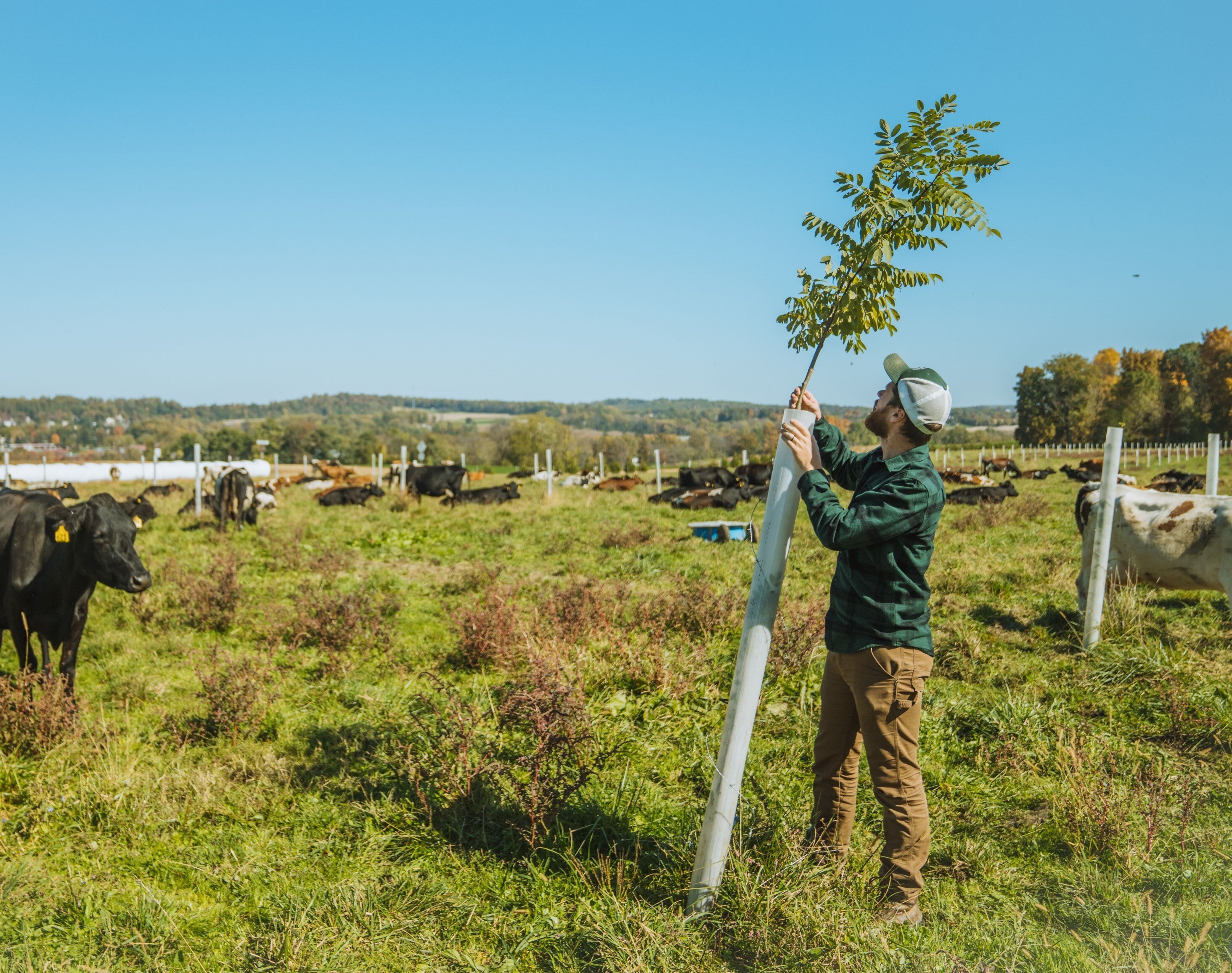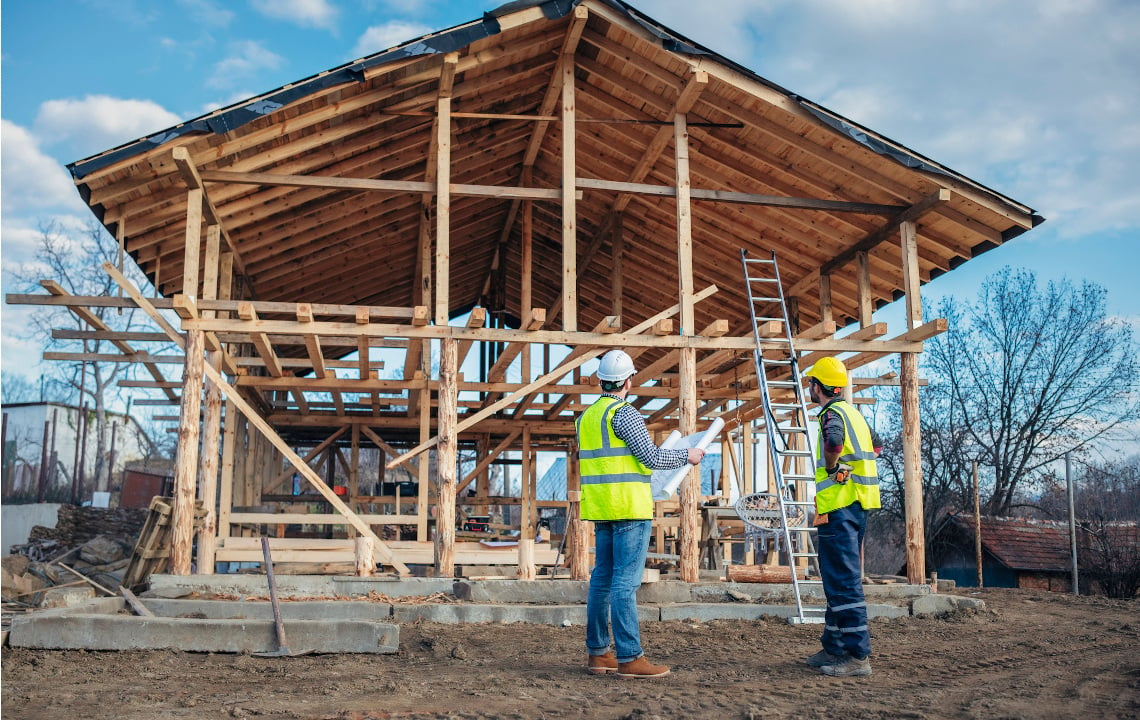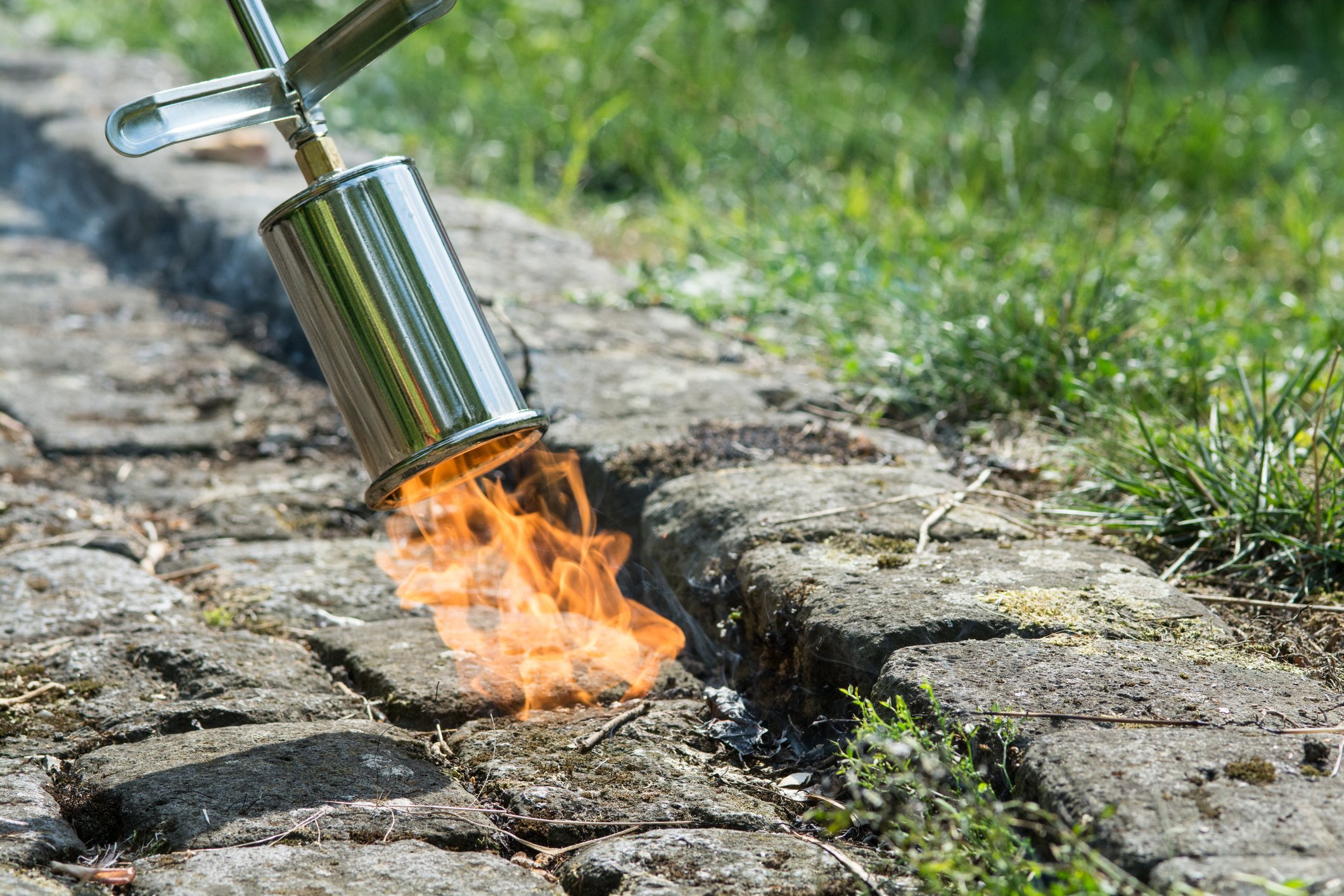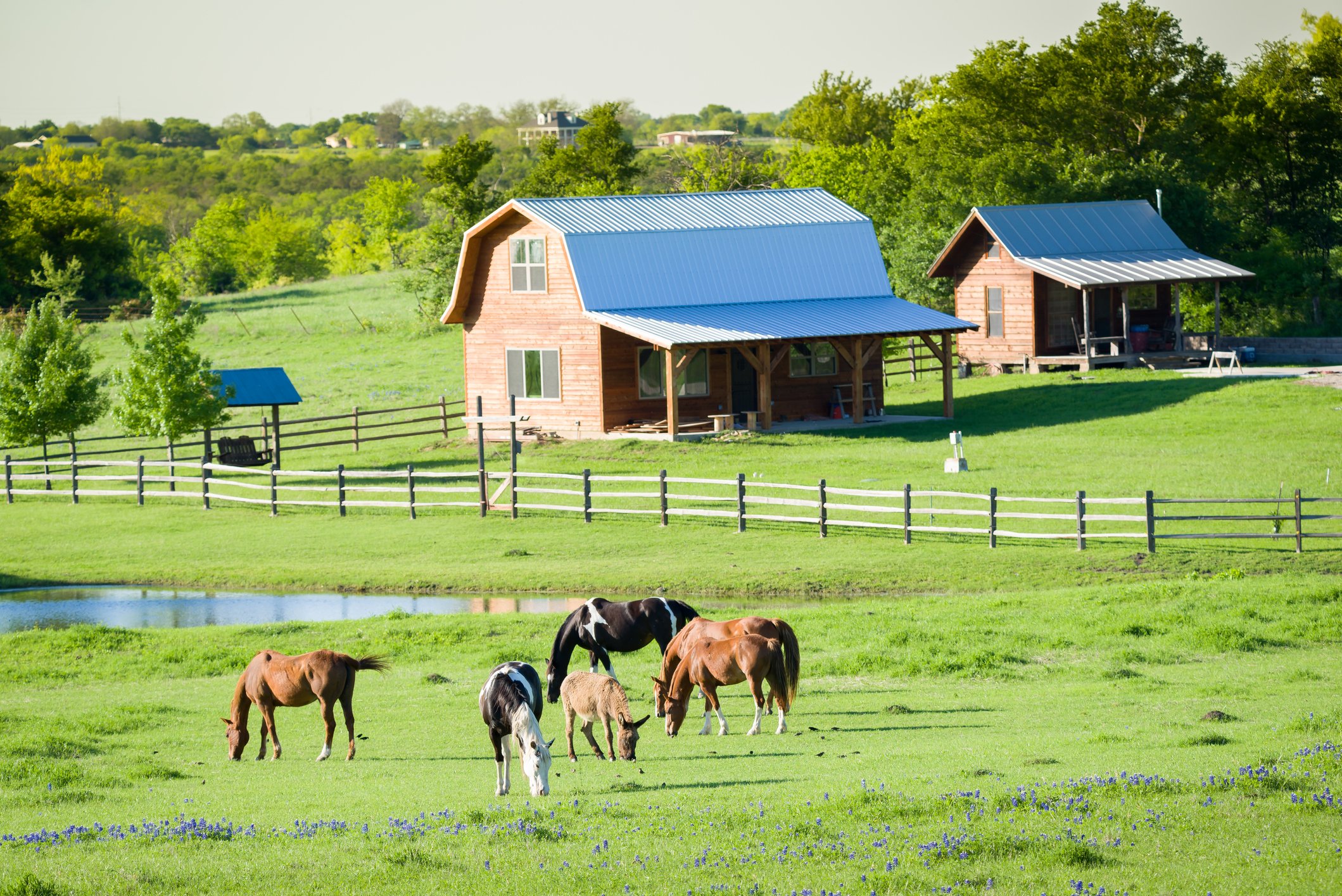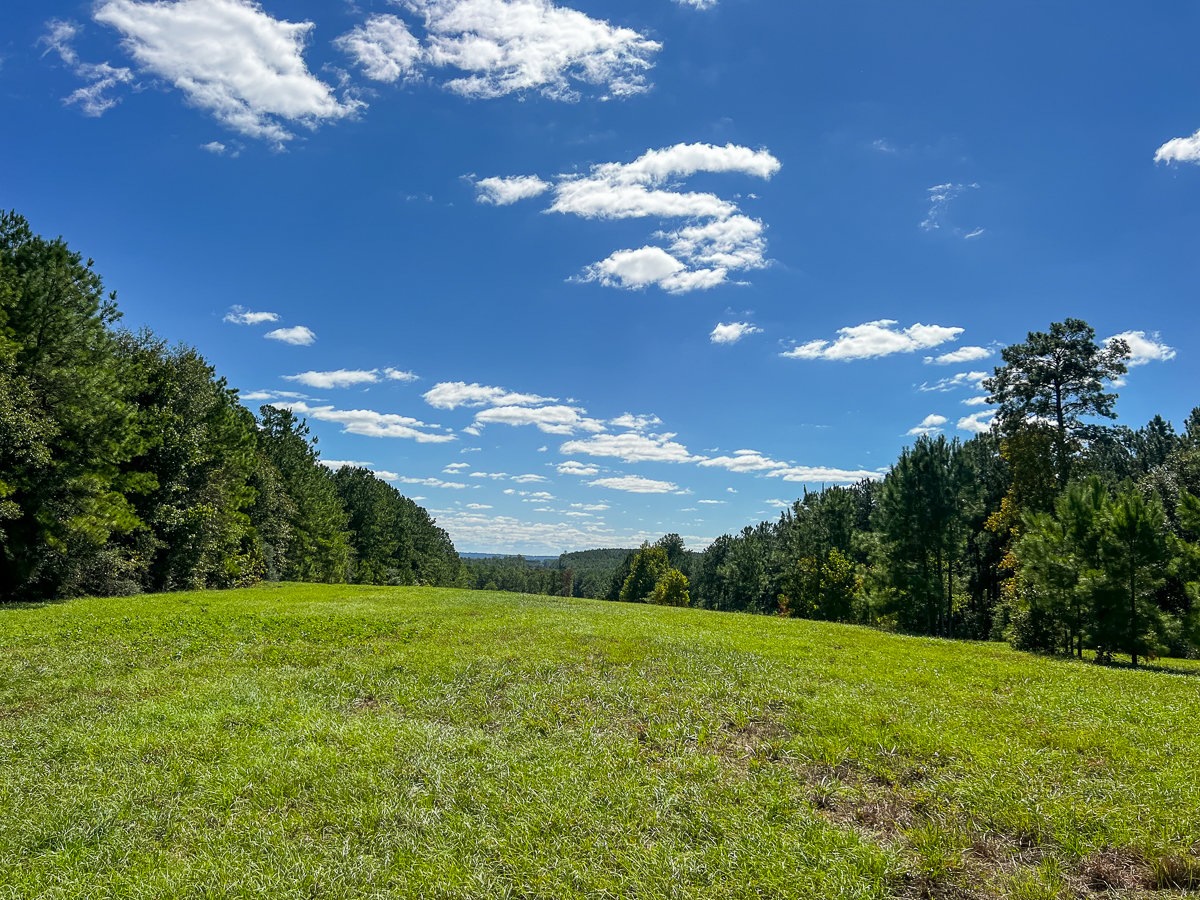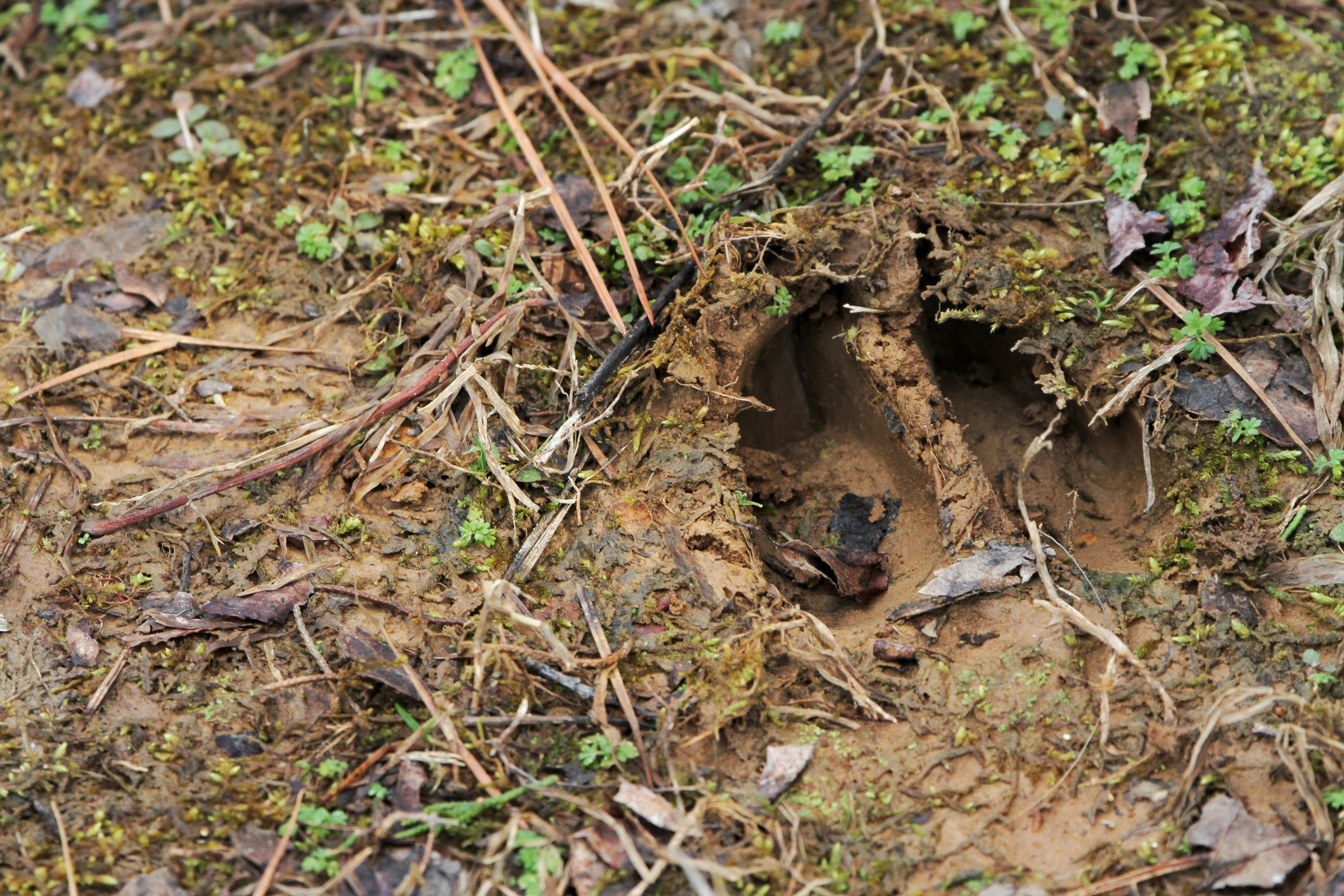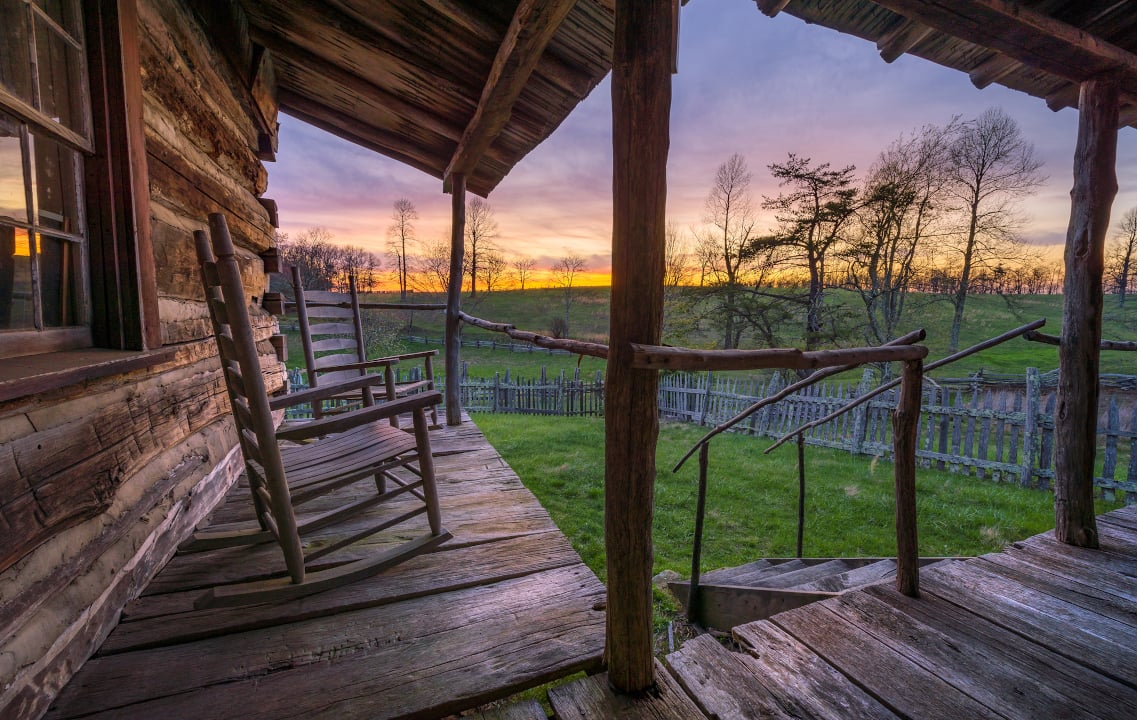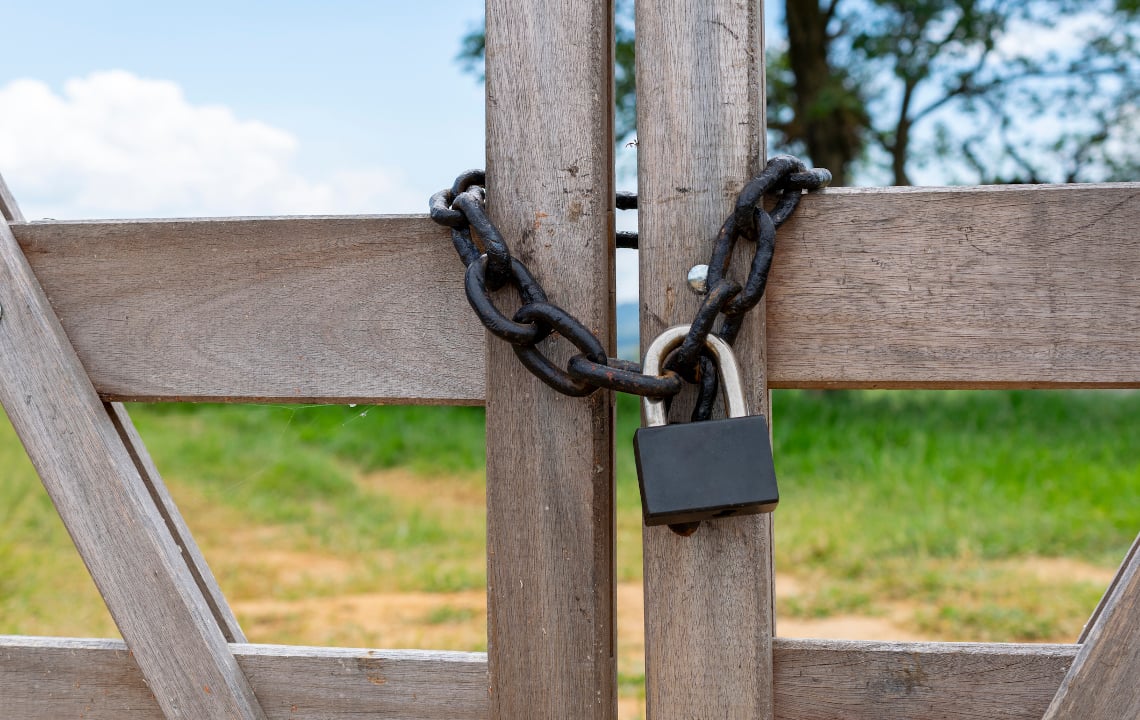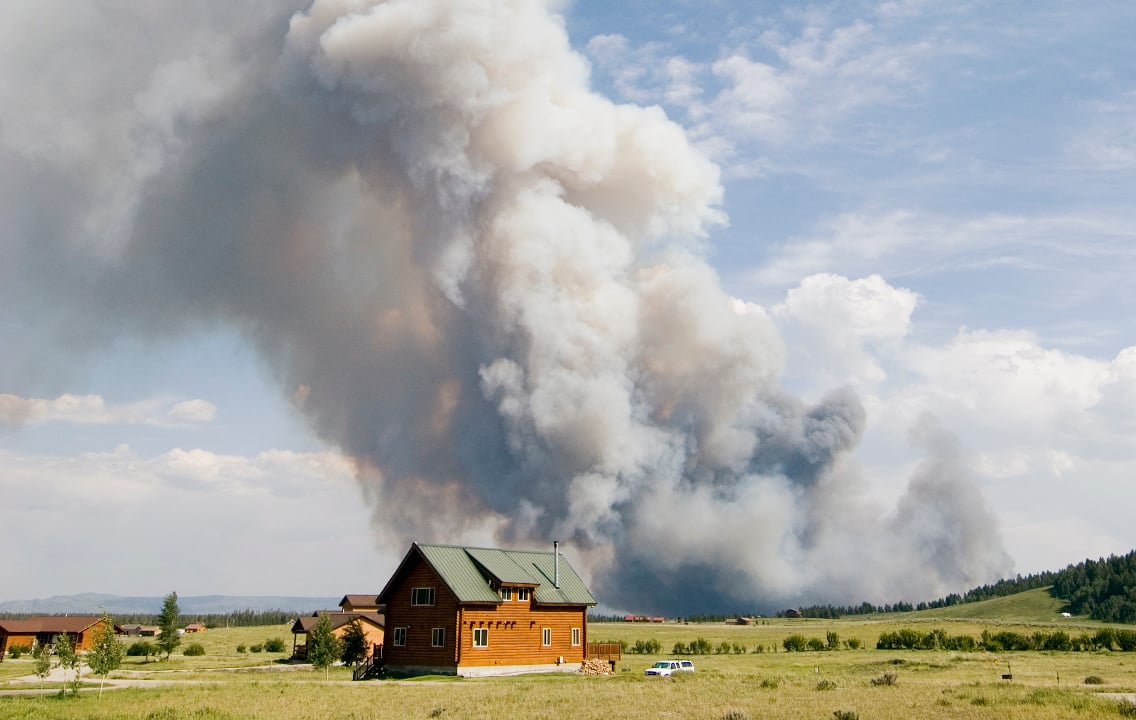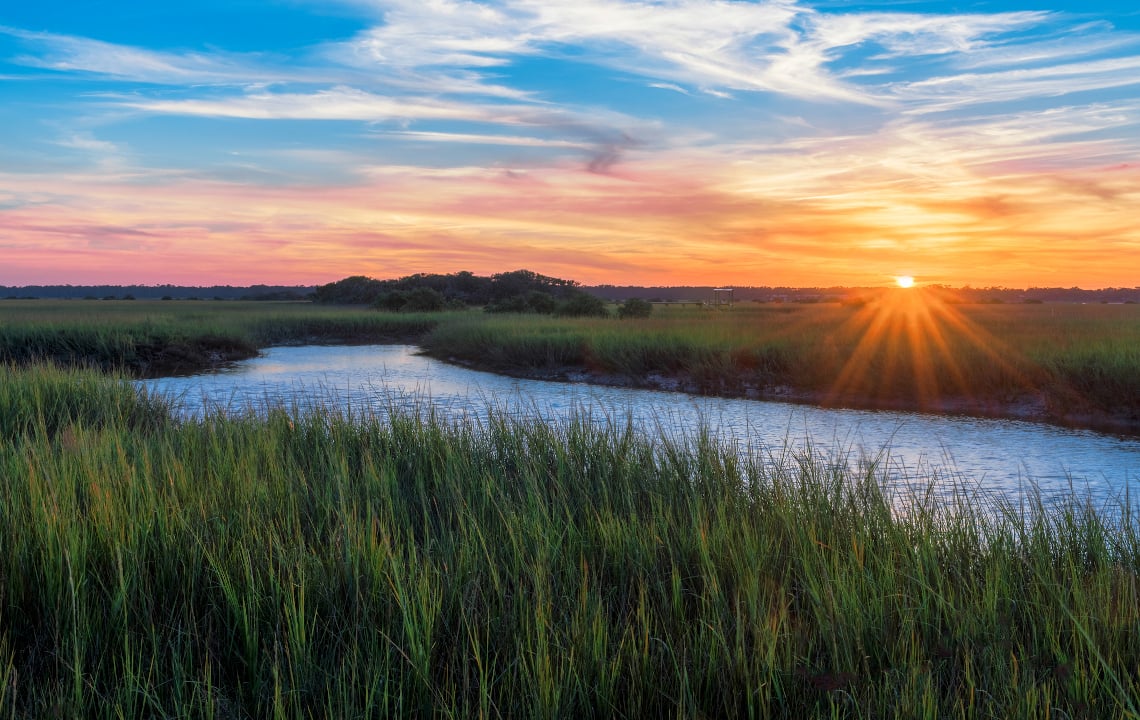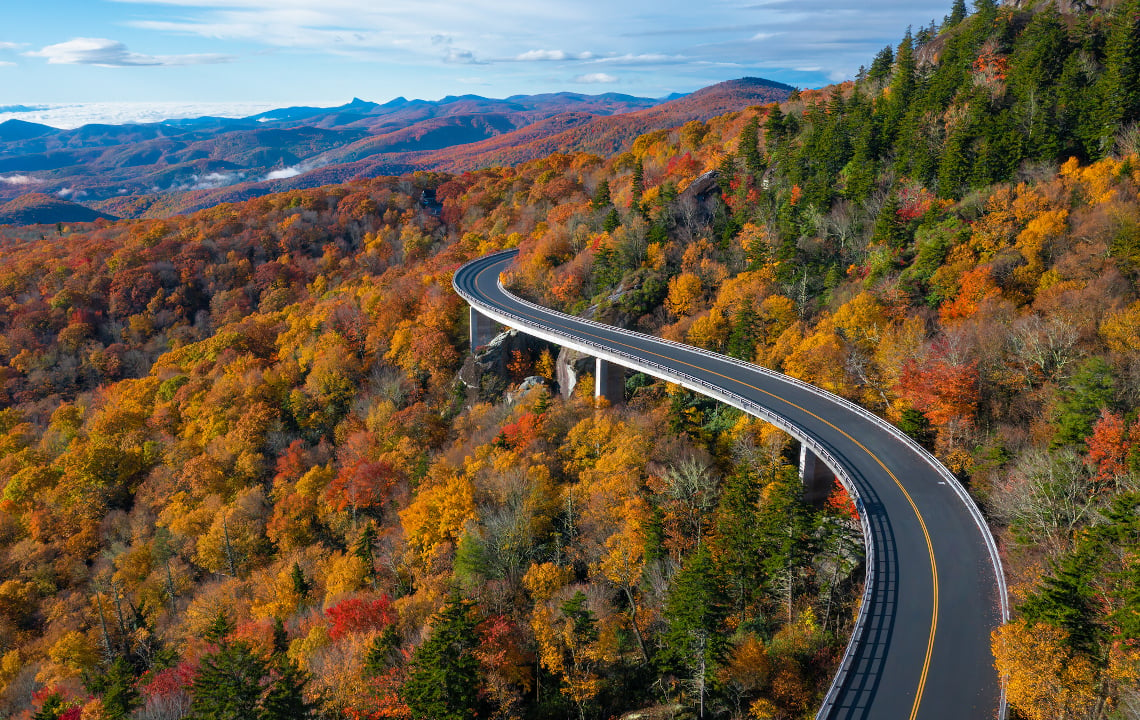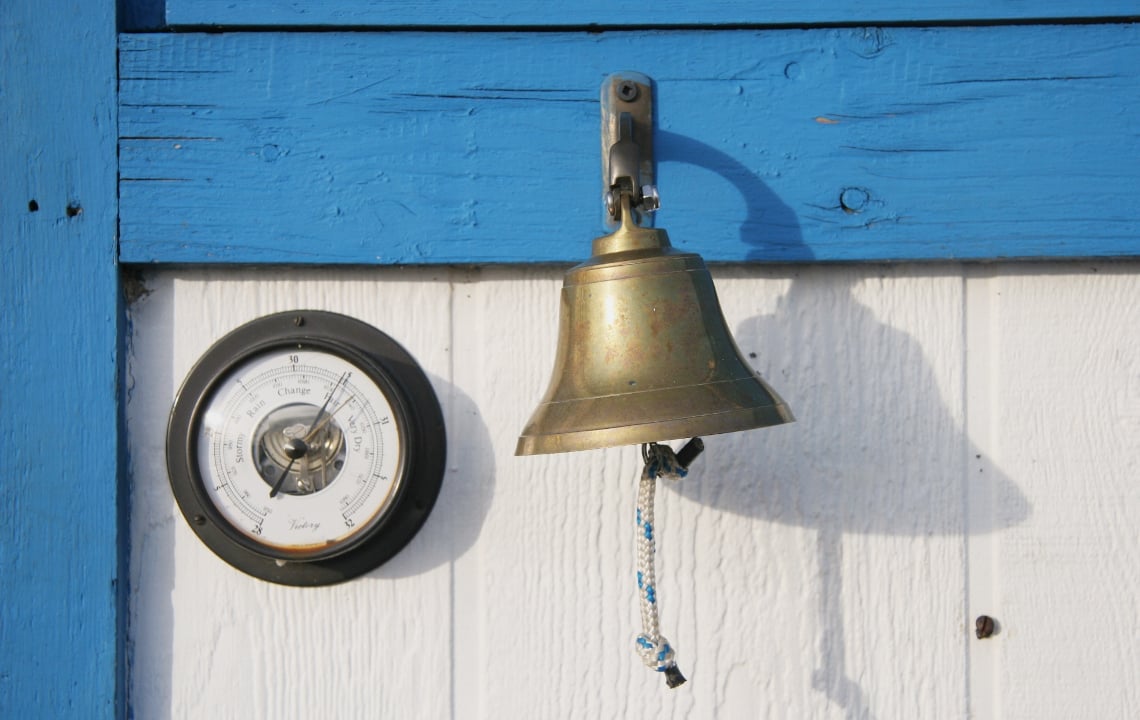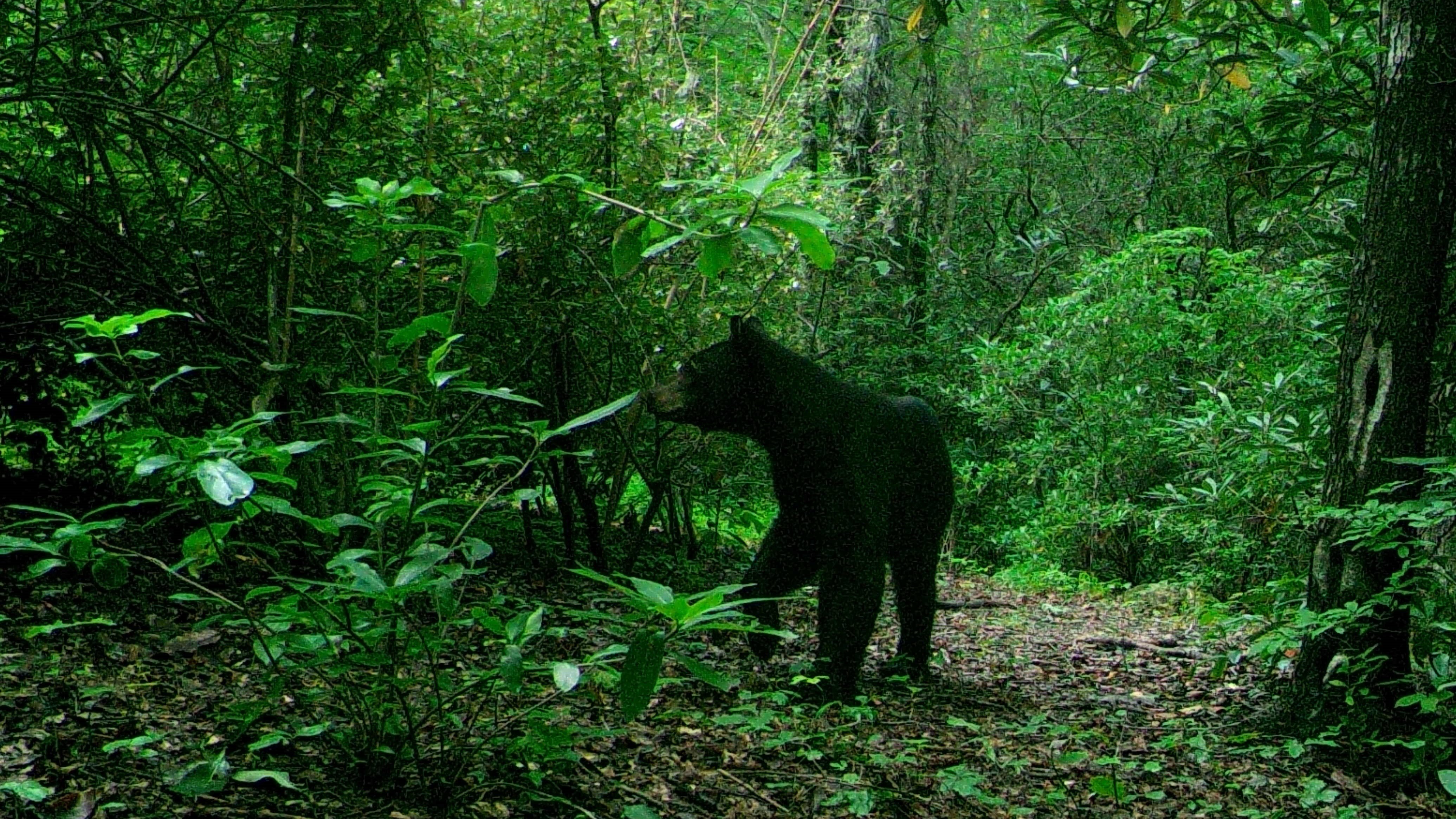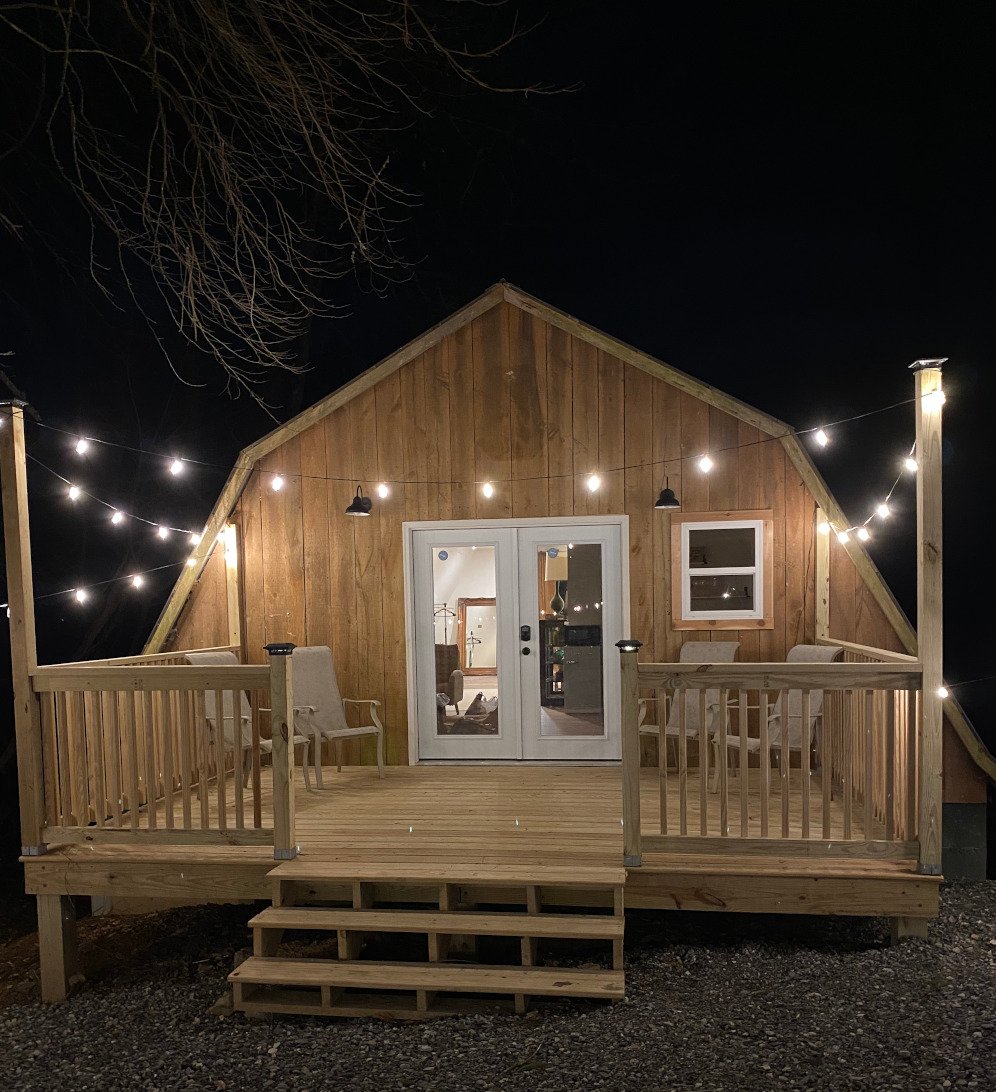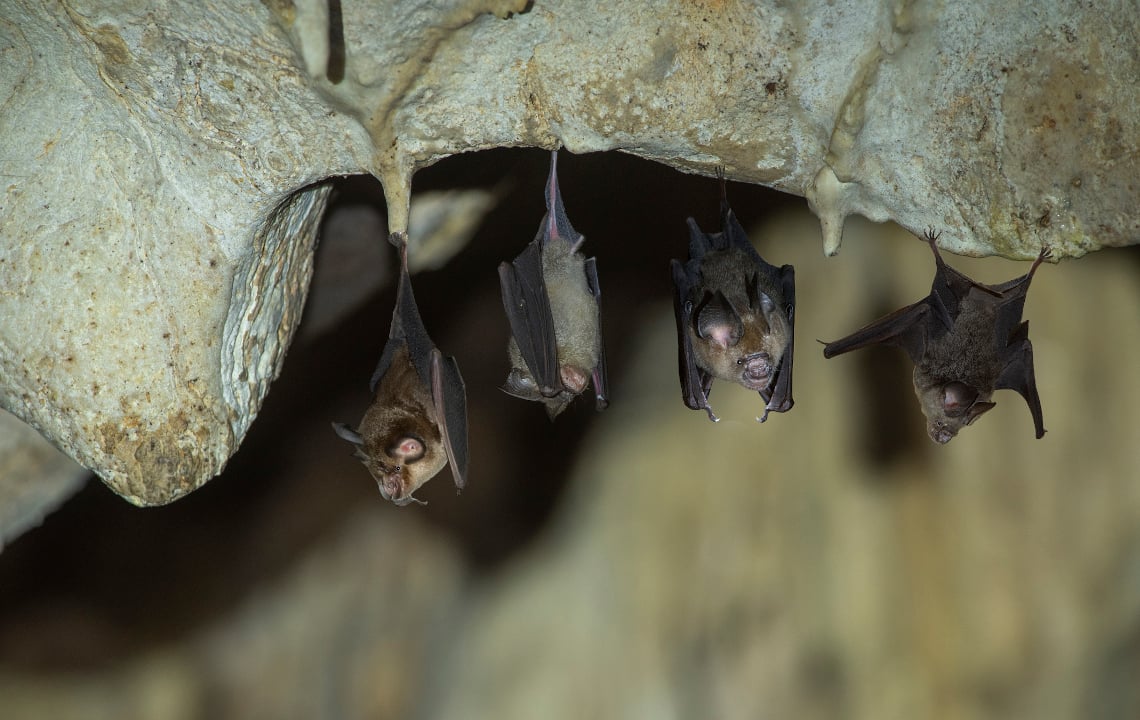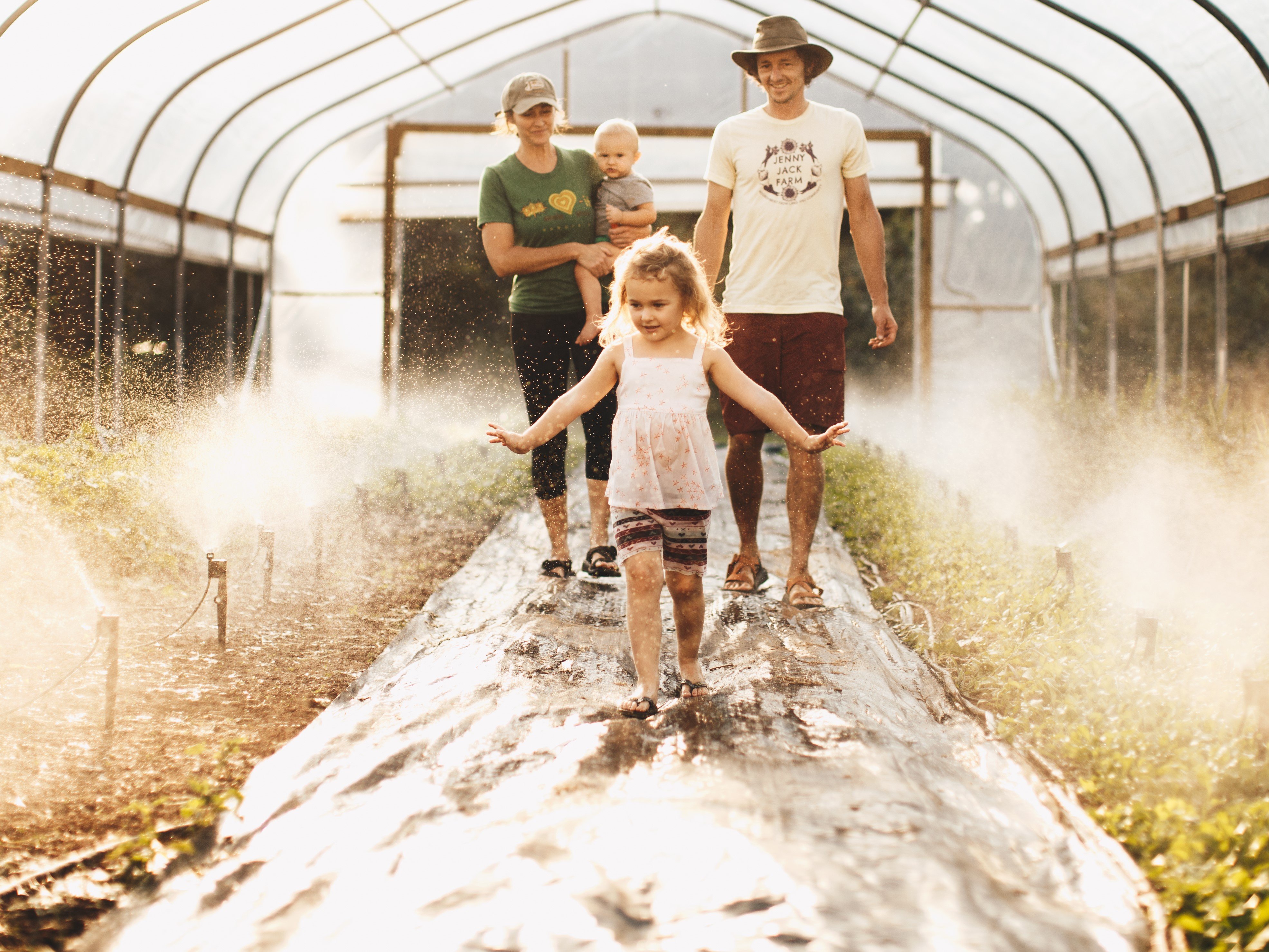Are you interested in investing in timberland but don't know where to start? We interviewed certified Forester and educator, Danielle Atkins of Land and Ladies for her advice on what women need to know about buying and managing timberland.
Did you know the number of women who are primary owners of timberland has been steadily increasing in the United States? Yet, most women have not been given the knowledge and tools they need to approach land buying and forest land management.
Let’s look at a couple scenarios of what this might look like.
Scenario #1: Imagine if a family member passed away and surprised you by making you the sole beneficiary of his 1000 acre plot of timberland. Would you know how to manage it? How to determine its worth? Or whom you could trust to turn to for help as you traverse the new world of timberland management and investing?
If you’re in this position, or will be in the future, you know what a huge burden this can be and how hard it can be to find someone to teach you what you need to know without being taken advantage of.
Scenario #2: Recent events have left you reconsidering your investment strategies. Based on what you’ve learned at Rethink:Rural and other places, you’re thinking about investing in raw land, rural land or timberland. But you’re not sure if this is a good investment for you, if you’d be getting in over your head and where the heck to start learning specifics.
Bottom line: if you resonate with either of these scenarios, you’re probably overwhelmed by what you don’t know.
This is why Georgia Registered forester Danielle Atkins started Land and Ladies, a Georgia-based forestry consulting business focused on educating and empowering female landowners. We caught up with Danielle to discuss some of the unique challenges facing female landowners, the most important things women need to know about managing timberland, the biggest myths about owning land, why she believes women should not be afraid of investing in timber and how to get the help and support you need while avoiding scams.
How Danielle Atkins became a sought-after women's forestry educator
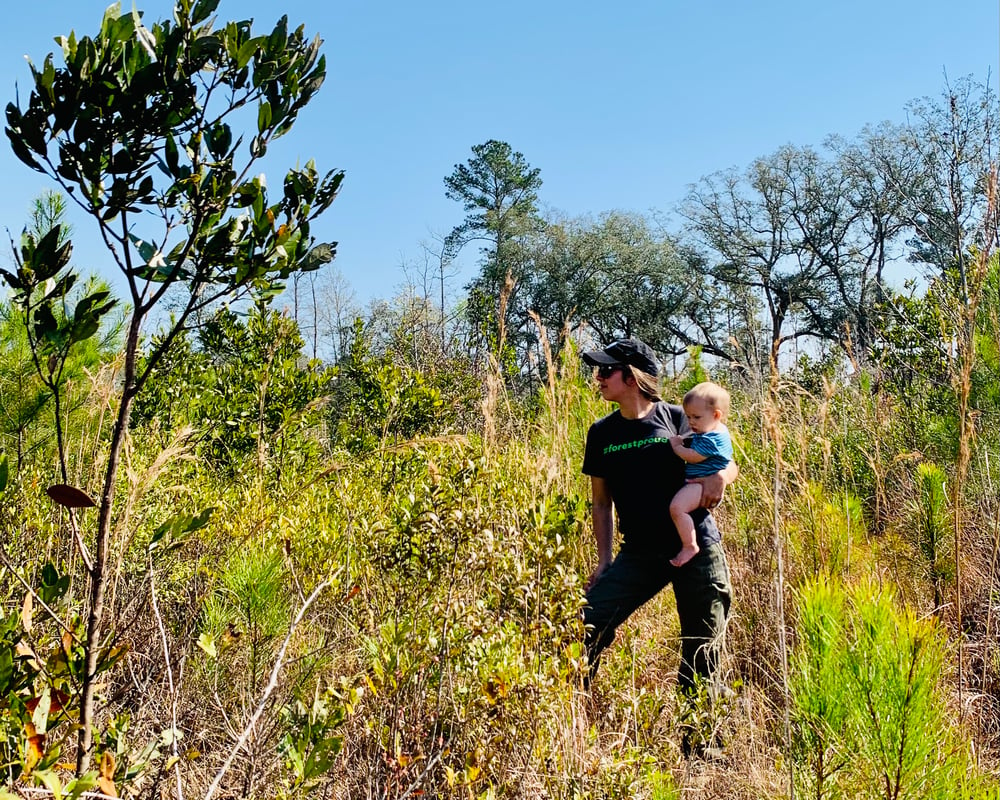
Danielle may look fresh out of college in her Instagram videos (many of which feature her with a baby strapped to her chest traversing the woods), but looks can be deceiving.
This experienced forester has a Bachelor’s degree in wildlife sciences, a masters in Forestry, three children under four, years of experience working with the state and has been educating the public on sustainable forestry practice for nearly a decade.
“I look a lot younger than I really am”, she said as she shared her journey from student to independent forestry consultant, mentor and educator.
“My husband’s also a forester, and he was able to land a job a little bit faster than me after college. So I followed him to Brunswick, Georgia. The pieces aligned, and that’s how I wound up working for the state for four and a half years. I didn’t want to be in government work, but it really was a blessing in disguise because it allowed me to experience and interact with landowners. And that’s when I started noticing the lack of women landowners; this was a slow process not a light bulb moment.”
After working with private landowners, Danielle also spotted a pattern among women: “All my interactions with women were similar stories: they unexpectedly inherited property from a father or spouse and they didn’t know where to start or whom to trust.”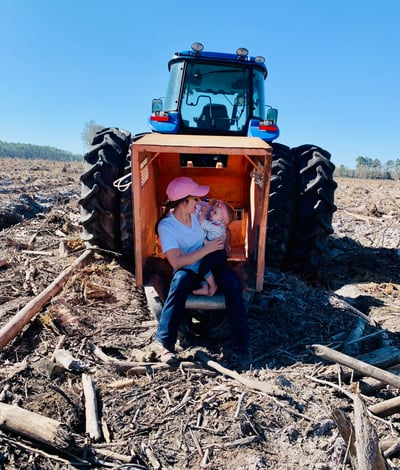
She also noticed there was a lack of forestry education programs for women landowners in the South. This inspired Danielle to start researching the women-focused programs up North and in other Southern states.
“I checked in with these other program directors to see what makes a women-focused program successful. Amanda Malfry of Forest Guild in Maine became my mentor and showed me they’re all teaching the same things: a lot more communication, a lot more focus and women teaching women. At many landowner events you have a lot of male foresters who already know the jargon, and that can be a little intimidating for a new female landowner.”
Danielle was excited about the prospect of starting her own woman-focused forestry education program. But becoming a mother is what motivated her to leave her job and officially start exploring it as a business opportunity. “The initial woman-focused workshops I hosted, opened my eyes to the true need for these types of programs for women to build up their confidence in their ability to manage their lands and to show up, ask the questions.”
“I had on my heart that I wanted to start this business, so I started working with a non-profit two days a week, but still had on my heart to do a woman-focused business of my own. Then the University of Georgia called me up at the end of 2019, and asked if I wanted to partner with them on a grant focusing on female foresters and connecting them with female landowners. That grant gave me a kick in the butt and I officially branched out to start Land and Ladies.”
Danielle’s clients range in age from their 20s to their 70s, with women in their 50s being her median age (because that’s the age many people inherit from their parents). The majority have recently inherited, but she also consults with experienced landowners and those considering investing in timberland.
The challenges facing women landowners
Women face unique challenges when it comes to owning and managing timberland. The most obvious is, up until now it’s been mostly a man’s world. So a woman inheriting land may have little to no experience, training or family mentorship managing her family’s land.
Plus, the majority of forester consultants are men. And based on Danielle’s observations and research, whether you inherit or are a new or prospective timberland owner, women typically feel more comfortable learning from other women on the topic.
The top 6 most important things women need to know about managing timberland
Danielle offered these tips as a starting point for new and prospective timberland owners.
#1: Know what you Own
“You need to know the what, where and why questions of what you own when you’re talking to someone. This includes timber type(s), how much acreage, properties boundaries and how to read a map of your land. This may sound basic, but it’s essential to understand exactly what you have out there.”
#2: Know why you're doing this
“I preach really hard on having a very strong why-statement. Because land management/ownership can be very challenging and it’s a long sometimes lifetime process. Just a timber sale can take a year and reforestation can take 9 months, so you need a strong purpose when things come up like hurricanes, tornadoes, bugs, ice storms, etc. so you’ll be motivated to continue.”
Danielle was quick to point out the differences between your objectives and your why-statement.
“Your objectives are what you explain to the forester. Your why-statement would be something like: “I want a place for our family to retreat every thanksgiving”. “I want to support some retirement vacations”. “I need intermittent income so we can do family vacations to Disney World”. They need to be unique and specific to you.”

#3: Financials
“I never want anyone to go into debt just to manage their land, it needs to be financially sustainable.”
Some key financial aspects to be aware of, per Danielle, include: managing pests, budgeting reforestation costs, what income streams you expect to earn from the land and property taxes.
“Understanding everything money-related about your land empowers you to say yes or no to opportunities you may be presented with. For example, if it doesn’t help you with your why it’s not a good fit. Or if you have a small budget, for example, you may not be able to say yes to all the site prep recommendations. Bottom line: you need to understand where your money is coming from, what percentage you want to reinvest, and how to look at everything as a whole.”
#4: Understand basic jargon
Per Danielle, knowing forestry lingo helps landowners communicate better with their forester and contractors, and gives them the confidence to say yes or no based on their why-statement.
“In our classes we cover basic jargon, like when replanting: reforestation terms, different types of pine species, and what your land is capable of.”
#5: Timber sales
“This is the thing everyone wants to know about. Because when you’ve been growing something for 30 years you want to make sure your harvesting and sales negotiations are ethical and sustainable.”
Danielle says the harvesting piece is also the hardest for new female landowners because they feel conflicted about cutting down their trees. Fortunately, a large portion of her education programs are dedicated to understanding sustainable forestry practices, and how this benefits the environment, wildlife and the landowner (more on this in the next section).
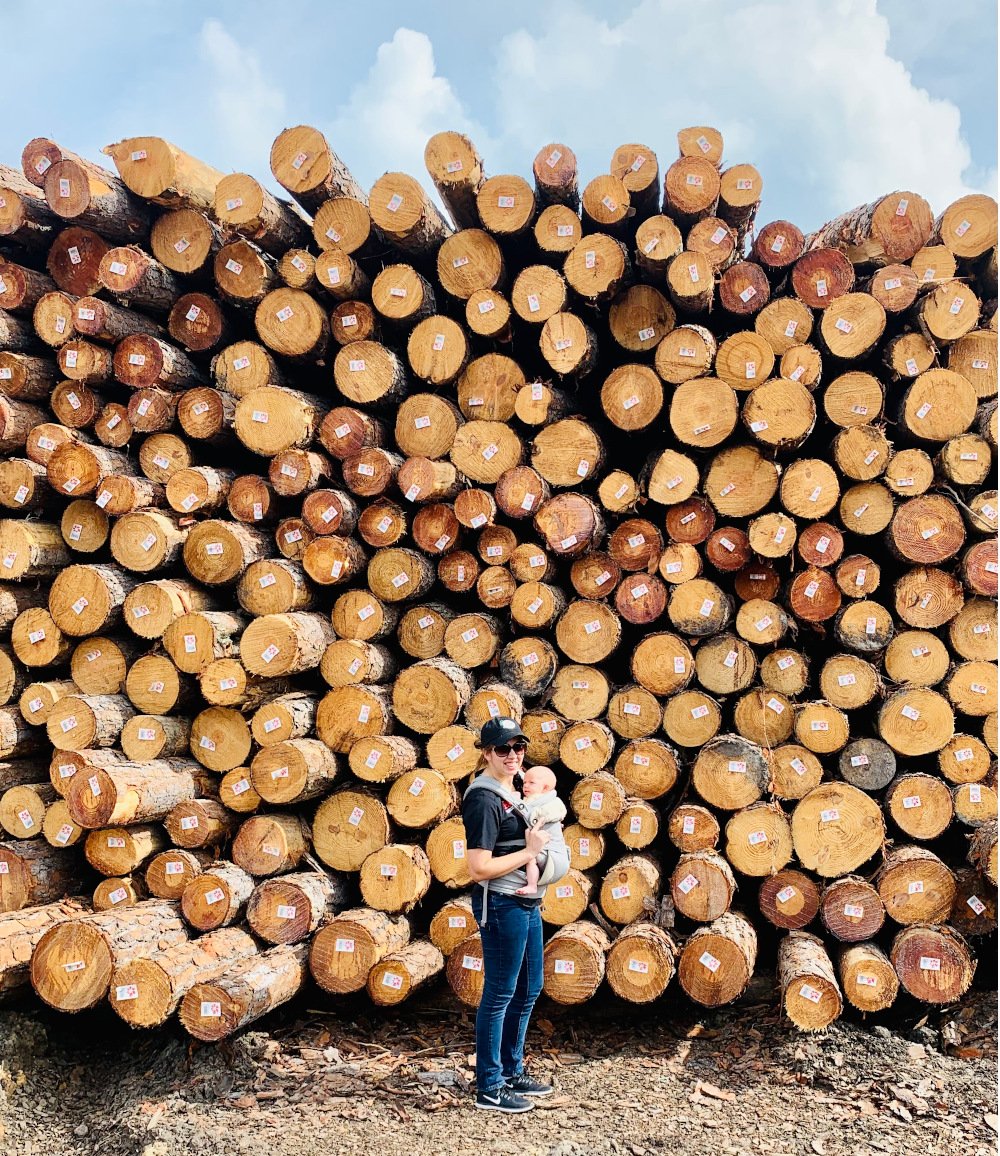
#6: Estate planning
Danielle teaches women how to have everything lined up to pass onto the next generation. Including the knowledge on how to manage the property that many of them weren’t afforded.
The hardest thing for women about owning timberland...
Sure, learning the jargon, land management best practices, how to find contractors, manage finances, deal with pests and disease and learn timber sales strategies is all challenging.
But Danielle says the hardest thing for female timberland owners is: cutting down their trees. “There’s always the hesitation to cut trees. So many people believe that it’s terrible for the environment and wildlife and that’s not true.” We cover more about why sustainable land and forest management benefits wildlife and ecosystems here, here, and here.
“Women tend to have stronger a-typical goals, so they want to get income but it’s usually not their #1 primary objective. They want to manage their land and make it financially sustainable, yes. But they want to do what’s best for the wildlife too. So they’re a lot more willing to think outside of the box, like with these new carbon markets. My job is to share how you can balance that mosaic you’re trying to plan for and how to express what you want with your local resources to get that vision you have?
“And that’s why I always go back to that why-statement, because not cutting trees may not align with that if you want that intermittent income for family vacations. You may need to do some type of logging or pine straw raking. So a lot of it is just rephrasing what they want and looking at management practices that better align with what they want to do.”
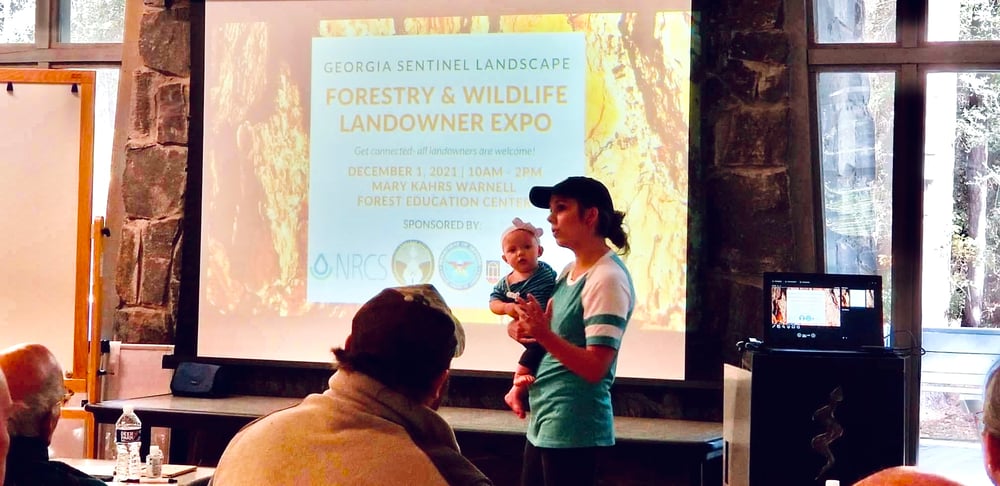
Should women be afraid of investing in and managing their own land?
Unfortunately, many women shy away from investing in and/or managing their family timberland because they’re afraid they don’t know enough or they could never learn enough to be successful.
According to Danielle, that’s simply not true. “Women should not be afraid to invest in or manage their own land. Not at all. But, they do need to go in with realistic expectations. It’s very exciting, it’s very rewarding, it’s worth it 100%. But you need to make sure you have the right resources and find the right resources to help you manage it successfully. You don’t need to be a forester, but you need to make sure you find the right forester to fit your goals and visions.”
Want more tips on managing timberland in the South?
Danielle’s company, Land and Ladies offers a variety of interactive and on-demand courses for new and prospective landowners via the Women Landowner Academy. She said the best place to get started is to follow her on social media (Instagram: @landandladies and Facebook), and subscribe to her email list on the website. She also hosts in-person workshops that you can sign up for on her website. The next one is on wildlife and women May 9-13.
For more general information on buying rural land/timberland and forest management, check out our articles in the links and download our new eGuide on A Beginner’s Guide to Investing in Timberland Properties here.


